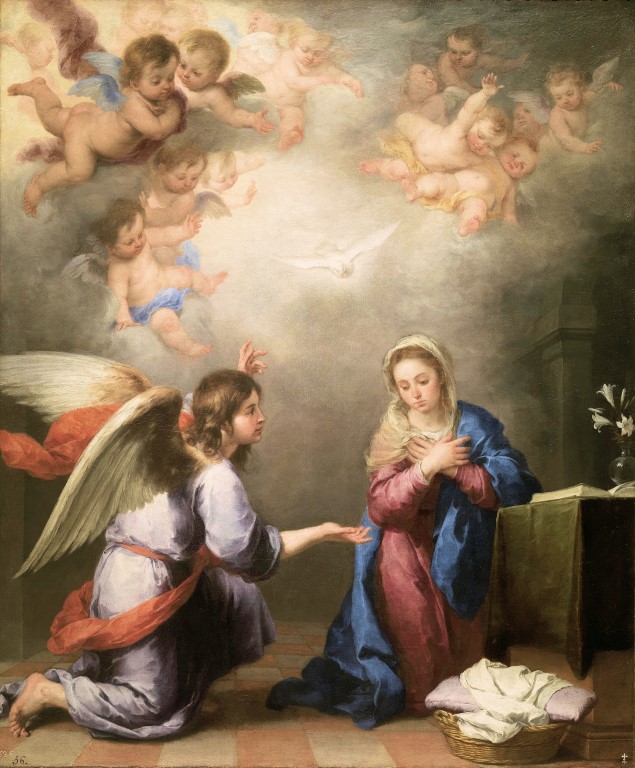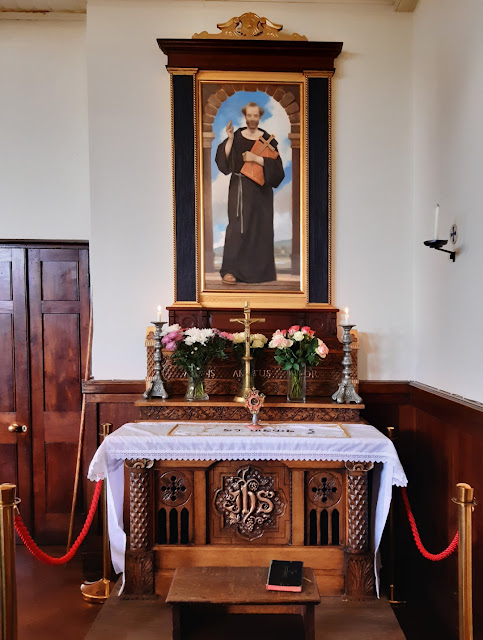Death does count and is not a negligible accident

Jennifer Fulwiler at the National Catholic Register pleads with couples: Please Don't Read This Poem at Your Wedding. She is referring to a poem by Khalil Gibran which, as she rightly says, articulates our modern culture's understanding of marriage in which the individual is more important than the family unit, and marriage is seen as a path to self-fulfilment for two individuals. I would only add that artificial contraception brings this understanding of marriage into the bedroom.
Jennifer's post reminded me of my younger sister's remark in the course of an excellent talk on marriage that I heard her give some years ago: "One flesh, one cheque book."
I count myself fortunate not to have come across Khalil Gibran's poem at a wedding, but I have heard (Anglican) Canon Henry Scott-Holland's reflection on death at some funerals. Having been in parish ministry for 26 years, I have conducted hundreds of funerals, and am no stranger to bereavement myself, having mourned my brother who died in his early twenties, and both of my parents. On the basis of that experience, I find the late Canon's words actually quite irritating. Here is the text:
Death is nothing at all. It does not count. I have only slipped away into the next room. Nothing has happened. Everything remains exactly as it was. I am I, and you are you, and the old life that we lived so fondly together is untouched, unchanged. Whatever we were to each other, that we are still. Call me by the old familiar name. Speak of me in the easy way which you always used. Put no difference into your tone. Wear no forced air of solemnity or sorrow. Laugh as we always laughed at the little jokes that we enjoyed together. Play, smile, think of me, pray for me. Let my name be ever the household word that it always was. Let it be spoken without an effort, without the ghost of a shadow upon it. Life means all that it ever meant. It is the same as it ever was. There is absolute and unbroken continuity. What is this death but a negligible accident? Why should I be out of mind because I am out of sight? I am but waiting for you, for an interval, somewhere very near, just round the corner. All is well. Nothing is hurt; nothing is lost. One brief moment and all will be as it was before. How we shall laugh at the trouble of parting when we meet again!Death is not "nothing", it is a big thing and can be devastating. Something has happened and it can seem that everything has changed. Our old life is not untouched, it has been blown apart. Yes, we should keep our happy memories and cherish them but we do not need to "force" solemnity and sorrow - they come quite naturally. Life is not the same any more and there is not an unbroken continuity - your mother, husband, brother, child is dead and it hurts. It is most definitely not a negligible accident, and grief and mourning do not mean that our loved ones are out of mind.
As Catholics we have the best possible comfort in our grief. At every Mass we pray for all the faithful departed and we should keep our own family and friends in the memento (or its equivalent in the other Eucharistic Prayers.) At Mass, we are separated from our loved ones only by the veil of signs and symbols: the whole Church is gathered together, including all of the Holy Souls in purgatory. We are not helpless because our prayers actually help our loved ones who have died.
So many people today have an extra "guilt trip" shoved on their shoulders because they are told to think that it is somehow not right to mourn. The popular transformation of the funeral into "A celebration of the life of ..." distracts people from the opportunity to do the one thing that really helps those who have died: to pray for them.


